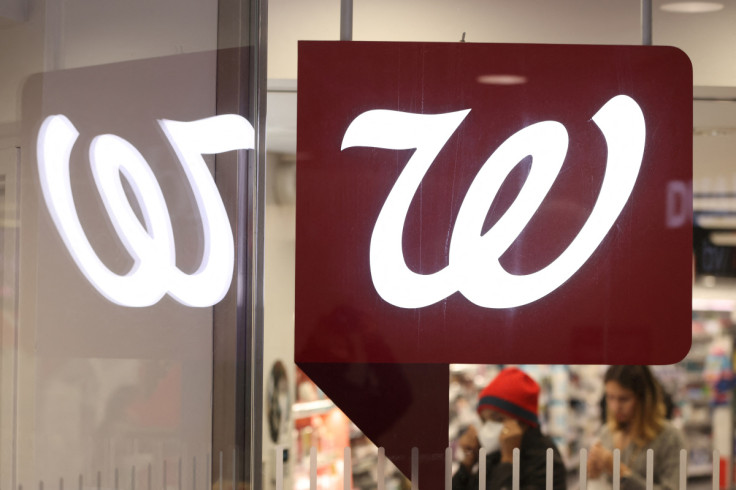Walgreens To Close 1,200 Stores As Part Of Turn-Around Efforts

KEY POINTS
- The first 500 stores are going to be shuttered in the next year
- The other closures will take place the following years
Walgreens is going to close approximately 1,200 stores in an effort to free up cash flow as it continues a turn-around effort.
The company issued its latest earnings report on Tuesday morning and announced the store closures. The company's net loss was $3 billion for the fourth quarter. A big hit on earnings was a charge on the company's valuation related to opioid lawsuit liabilities.
Earnings per share for the quarter did beat estimates at 39 cents adjusted. The consensus estimate was 36 cents. Revenues at $37.55 billion also beat estimates.
Walgreens Boots Alliance (Nasdaq: WBAP) plans to close 500 stores in fiscal year 2025 and the rest in the following two years.
The company had 8,701 drugstores in 50 states, the District of Columbia, Puerto Rico and the U.S. Virgin Islands as of August 31, 2023, the last time it publicly updated its store list.
Walgreens has been working to cut costs to stabilize its retail pharmacy business.
The closures will help Walgreens by "optimizing our footprint, controlling operating costs, improving cash flow, and continuing to address reimbursement models to support dispensing margins and preserve patient access for the future," Tim Wentworth, Chief Executive Officer, Walgreens Boots Alliance.
The company previously said it was going to attempt to minimize job losses by relocating affected employees within Walgreens' network.
Analysts have noted that declining reimbursement rates and rising operational costs are contributing factors to Walgreens' financial woes.
These challenges, compounded by inflationary pressures and increased competition from mass retailers, have prompted strategic reassessments within the pharmacy sector.
The company did announce that it has $1.1 billion in free cash flow available.
"This turnaround will take time, but we are confident it will yield significant financial and consumer benefits over the long term," Wentworth added.
© Copyright IBTimes 2025. All rights reserved.






















